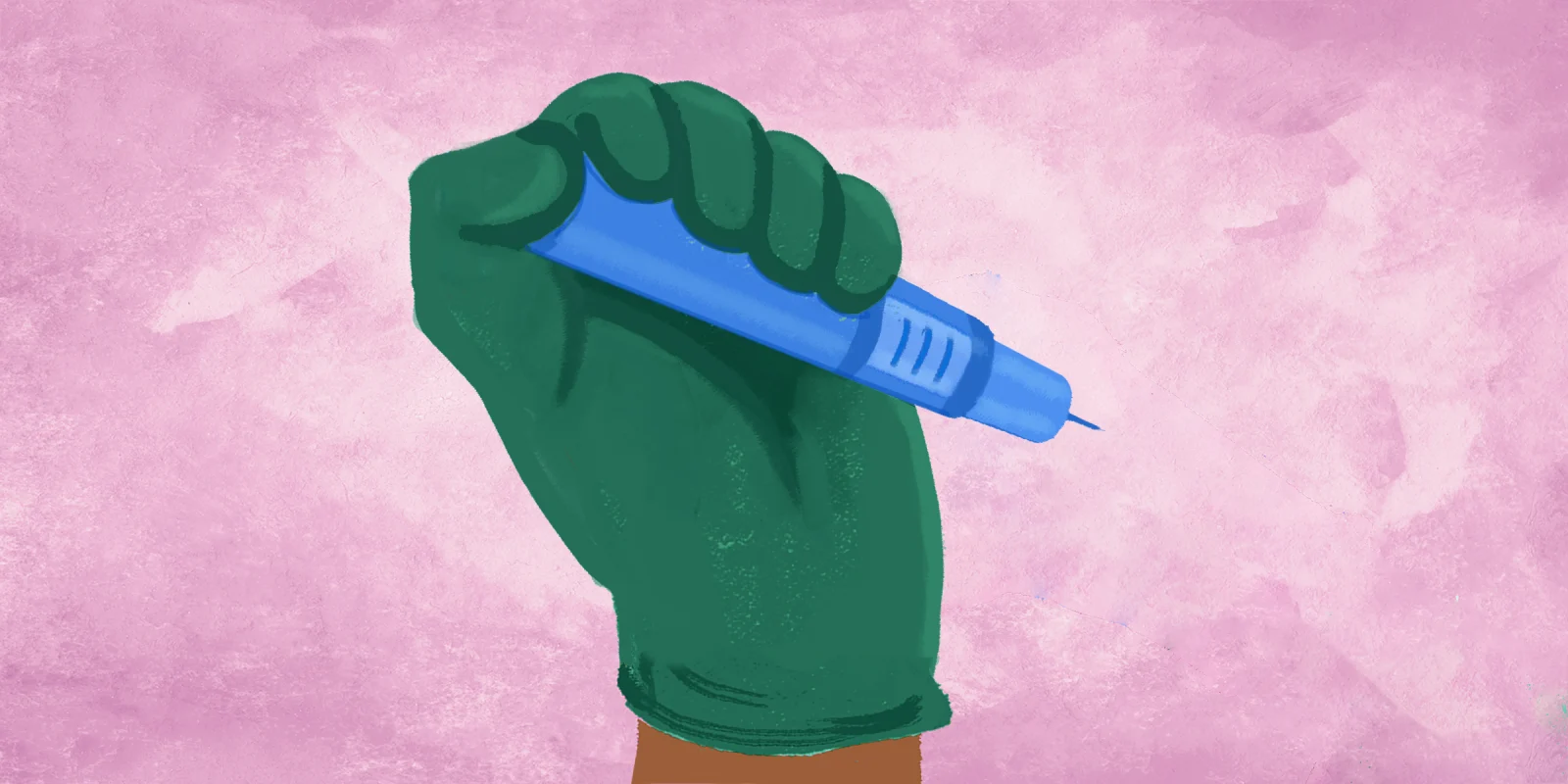In medicine and in the ED in particular, we tend to think of our interventions as preventing or treating mortality. We Save Lives! In an era of vaccines, food abundance, and sanitation, however, we tend to treat mainly morbidity. In essence, medicine has become an exercise in treating the suffering of chronic diseases, more than fixing acutely life-threatening ones.
As an example, consider antibiotics. Certainly there are people who show up in a clinic, ED, or hospital and are septic and dying. Antibiotics (with fluids and other interventions) may actually save their life. Many other people, however, show up with bronchitis, or a sinus infection, and still others with pneumonia or an ear infection. It’s somewhat of a dirty secret in medicine that most of these illnesses would get better on their own, given enough time. And yet, we treat! We give antibiotics for pneumonia in an otherwise healthy young person and treat teenagers and adults for ear infections and UTIs. There is little evidence that these interventions treat mortality, but they clearly treat morbidity. Whether through the placebo effect or true therapy, these antibiotics help people feel better faster, reduce the suffering associated with illness, and in rare cases, probably even save lives.
Take community acquired pneumonia, a specific diagnosis seen in the ED and often heard in the office. We’ve made remarkable progress over the years treating what used to be described as the “old man’s friend,” and most people can be managed as outpatients. The disease can still be dangerous and the overall mortality rate of pneumonia can be as high as 30% if left untreated. This sounds terrible, but of course the other way to interpret that statistic is that 70% of people will be fine if left untreated. Just think, the house of medicine would get a C- if we never gave another z-pack!
But mortality is obviously not the only concern. Pneumonia makes people feel terrible! So do UTIs and ear infections. When we say 70% of people would be “fine,” what does that actually mean? Being sick for three months when you could be sick for three days is clearly not ideal for patients or society. Would returning to an era of sanatoriums and convalescence be worth it as opposed to the small (but real) risk of complication from modern antibiotics?
Which brings us to the main point, that obesity is an illness. Just like pneumonia or a UTI, obesity causes significant health effects and significant suffering. We are now entering an era where this illness can be treated, and the suffering reduced. GLP-1 agonist drugs like semaglutide have been shown to be safe and effective in reducing weight, helping with glycemic control, and providing significant cardiovascular protection. They are so effective in promoting weight loss that they’ve become superstars on social media, and advertised everywhere (if you’ve been online, you’ve seen them). This ubiquity has led to a backlash and a stigma that needs to be addressed and fought. These medications work, and not just for the sickest and most obese patients. They work for everyone.
Think back to your own attempts to lose weight in the past. Losing weight is at once incredibly easy and incredibly hard. All it takes to lose weight is to eat less. Simple! However, we used to call this weight loss strategy “famine,” and since it very often used to lead to something called “dying,” our bodies are set up to avoid weight loss at all costs. Losing weight though famine was essentially the default status for all of humanity for almost our entire history. Humans hold on to a certain amount of excess weight as a survival strategy, but evolution favors short-term survival over the long term. We know from decades of research that excess weight increases all-cause mortality over a patient’s lifetime. Medicine is a science predicated on reducing risk factors and obesity is one of the biggest for innumerable health issues. In the short term, weight loss is evolutionarily dangerous, so when we try to lose weight intentionally, our bodies fight us every step of the way. Hunger, mood-swings, and binge eating are only the outward signs of a complex biochemical process that occurs internally to make us desperate to seek out food. GLP-1 medications short circuit this pathway and allow us to eat less without the morbidity of hunger.
GLP-1 medications open a new door into speaking about weight as both a chronic issue that needs to be managed and an illness in its own right that can be addressed in many ways. Consider the current toxic debate about these medications and the conversations about who they’re for. Similar to how infectious diseases were considered a moral failing before germ theory was proven, we tend to view excess weight as a failure of willpower. This is obviously incorrect from a medical standpoint and has contributed to intense suffering and powered the predatory diet industry for years. “Just be hungry and eat less” is an accurate description of how we currently tell patients to lose weight, essentially telling them they need to suffer. Given what we know about the biochemical, emotional, and physical symptoms associated with intentional weight loss, it’s no surprise that most, if not all, diets fail. Suffering is suffering and the suffering during weight loss is the same as suffering from an infectious illness. Fever is the body’s way to get rid of a virus, but “just have a fever” is a callous response to the suffering and morbidity of a viral illness. “Take some Motrin and you’ll feel better” is much more compassionate and realistic. Weight needs to be recontextualized, especially in the setting of these new medications, to something that can be treated as an illness.
The similarities between obesity and infectious disease are apt in this case in more than just the diagnosis. GLP-1 medications can and should be understood to fight obesity in much the same way that antibiotics fight infections. As mentioned, most infections today with modern vaccines and hygiene are irritating, but rarely life-threatening. But rarely does not mean never, and some people are septic and dying, or require other prolonged courses of antibiotic therapy. In the same way, morbid obesity is an illness for which prolonged treatment will likely be needed to save a life. On the other end of the spectrum are people with bronchitis for which antibiotic treatment has been proven unhelpful, and in whom treatment causes harm. Side effects of antibiotics (and GLP-1) medications are real, and can cause real harm to both individuals and society. When there is clearly no benefit, they should not be given. Then there are the middle cases. Pneumonia and ear infections will likely resolve on their own, but we treat them anyway to avoid the morbidity and suffering of disease. In a similar way, those who want to lose 20-30 pounds and are overweight and obese can accept the risk of side effects of GLP-1 treatment to avoid the suffering inherent in the process of weight loss.
Although GLP-1 medications have been around for years, it seems that we have entered a new era somewhat overnight. We now have an effective treatment for one of the worst chronic diseases we’ve encountered. If we were treating broken bones it wouldn’t be an issue, but obesity is an emotional issue. Over time we will learn the best practices for these medications and eventually see that obesity is a disease like pneumonia, and in essence, drugs like Ozempic are antibiotics.
What do you think about GLP-1s? Share in the comments.
Dr. Ryan Richman is an emergency medicine doc in upstate NY. Father of three, married to a pediatrician, and holder of several patents, he's an amateur baker and semi-professional Star Trek scholar. Also, anything with Matt Berry. If people still tweet (or X-plain?) he's @RWHRichman. Dr. Richman is a 2023–2024 Doximity Op-Med Fellow. He has no conflicts of interest pertaining to Ozempic or either GLP-1s.
Collage by Diana Connolly







